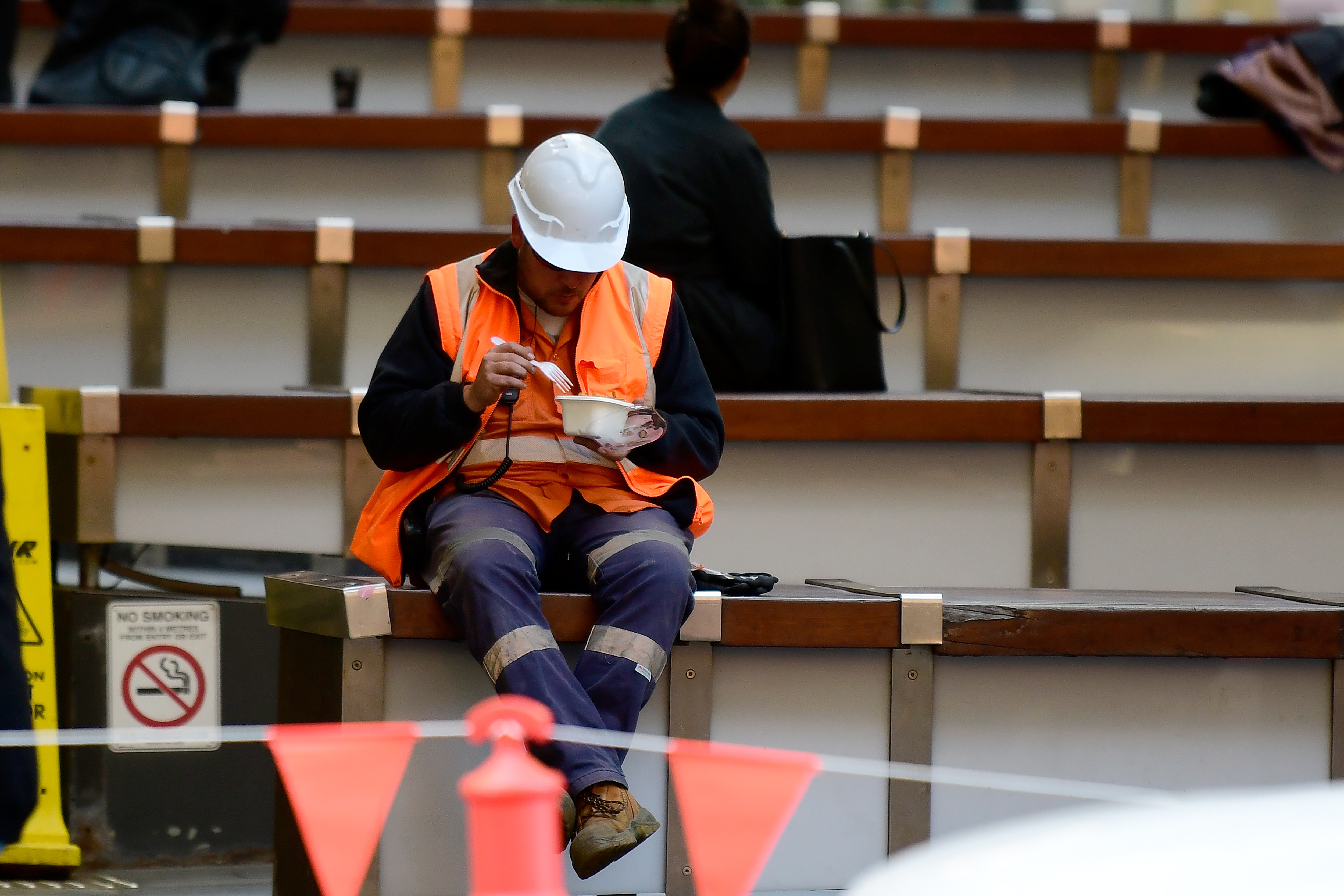Saturday, 23rd November, 2019 from 3pm to 5pm in the
Dining Room of the Family Hotel, 15 Parke St, Katoomba.
As income inequality increases our government's policies offer, not a helping hand up, but shaming, punishment and a push into even deeper poverty.
Calls to
#RaiseTheRate of Newstart Allowance from $124/week below the poverty line by at least $75 per week are broadly supported by groups ranging from charities which are increasingly being called on to fill the welfare gaps for basics like adequate food to business groups seeking the economic stimulus of spending in local economies.
The LNP are ideologically opposed to raising the rate of Centrelink payments, particularly
Newstart. PM Scott Morrison's use of the slogan "If you have a go, you'll get a go" is not only untrue. It's also a failure - or refusal - to acknowledge the low rate of Newstart is in itself an obstacle to "having a go".
Organisations like the
Elizabeth Evatt Community Legal Centre, the community and health sector bodies represented by
ACOSS and the Centrelink workers represented by the
CPSU are increasingly picking up the pieces, lives decimated by policies of "mutual" obligation, robodebt, the cashless welfare card, and reduced services caused by inadequate Centrelink staffing and privatisation.
This is all down to the Liberal Government absolving themselves of responsibility for public services by cutting and capping the number of staff DHS can employ. Since 2017 the Liberal Government has been privatising vital Centrelink services by outsourcing call centre work to Serco and labour hire companies, where workers have been fired for taking more than 2 days leave due to family deaths, terminal illness diagnosis and unplanned emergencies.
Those who depend on Centrelink services are pushed even further into debt and poverty when forced to wait for services, such as the granting of claims for payment, or even someone to answer the phone when they need to reschedule an interview, declare a change in circumstances, or respond to a request from Centrelink. Punitive responses to alleged mutual obligation requirements, robodebt, paternalistic shaming in the form of the cashless welfare, and other demonising policies compound a raft of financial, social and health problems.
There are solutions which don't necessitate waging a war on the poor.
At Politics in the Pub we discuss to problems - and the solutions.
Speakers:
Pas Forgione.
Pas is the Raise The Rate Campaign Coordinator at ACOSS (Australian Council of Social Service), the peak body for the community and health sector, and one of the country's leading voices on tackling poverty and inequality.
He has been with the organisation since February, working closely with people on Newstart and Youth Allowance, and individuals and organisations that support the campaign to raise Allowances by at least $75 a week.Before this, he spent over 5 years coordinating Anti-Poverty Network SA, a grassroots organisation, led by people directly affected by poverty and unemployment, that advocated on a wide range of topics related to social security policy, included the inadequacy of Allowances and Pensions, cashless welfare, robodebt, Job Active, Centrelink call waiting times, and other issues.
Arlia Fleming.
Arlia is the Managing Principal Solicitor at the Elizabeth Evatt Community Legal Centre.
EECLC provides free legal services and education to disadvantaged people of the Blue Mountains, Lithgow, Oberon and Bathurst regions. Arlia has worked in the community legal sector for 14 years, mostly working with women in prison and Aboriginal women who have experienced family violence and/or sexual assault. Arlia is passionate about social justice, human rights, and community legal education.
Katie Higgins and Kate Cooke (replacing Sophie Callard).
Katie Higgins and Kate Cooke work for the Community and Public Sector Union in NSW. Katie is a Field Organiser and represents workers in the Department of Human Services, while Kate is an Industrial Organiser in the Member Service Centre and specialises in representing members with individual issues in the workplace.
The CPSU has been campaigning against the privatisation of Centrelink since 2017, when the LNP Government first began demolishing vital Centrelink services and outsourcing call centre work to Serco and labour hire companies.
In the course of their work, Kate and Katie hear from the community members who have suffered under the unethical Robodebt system, the labour hire workers who struggle with insecure work and limited training and the permanent employees whose ability to provide vital community services has been diminished by a lack of resources. These issues are a direct result of choices made by the Liberal Government to cut funding and limit the number of employees working for Government agencies. The workers represented by the CPSU bear the brunt of public frustration with government policies but are threatened with sanctions or terminations should they speak out publicly in support of their jobs and the Australian people they serve.
Politics in the Pub finishes with a Q&A where speakers respond to questions from the audience.







